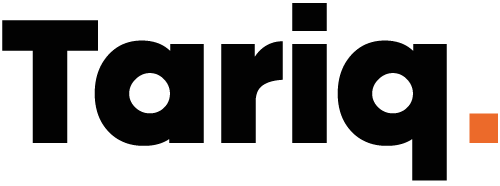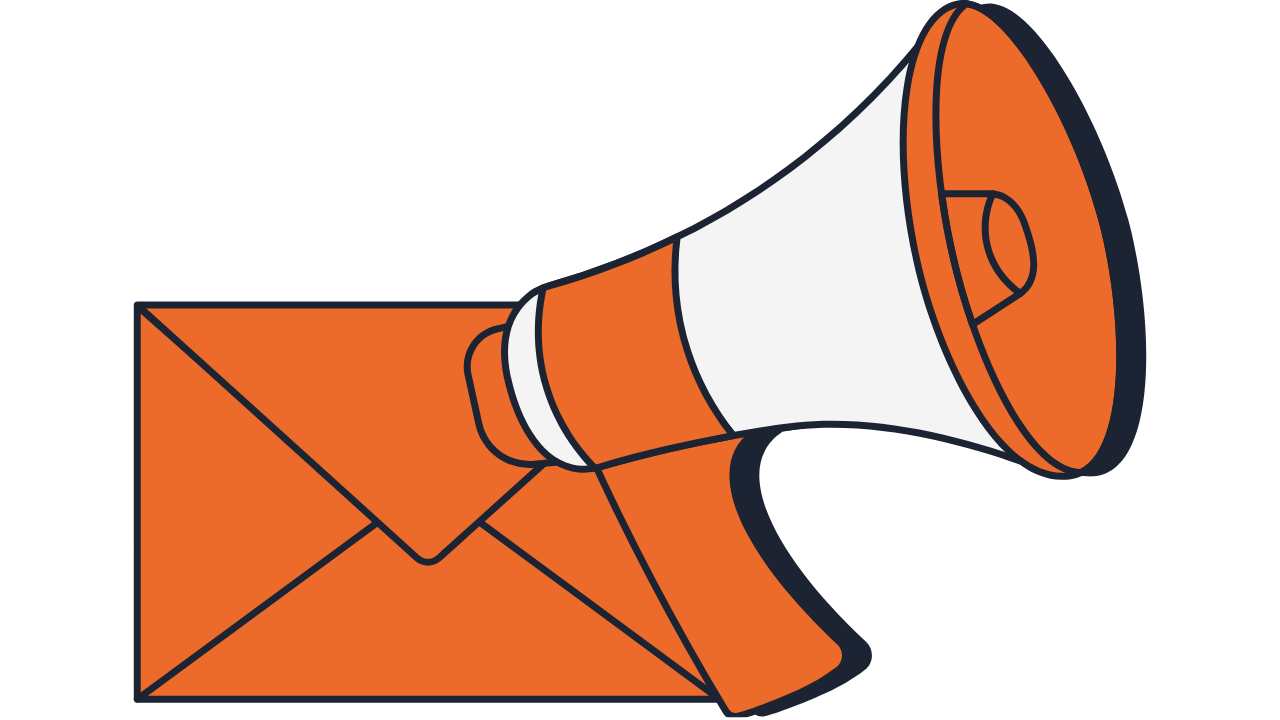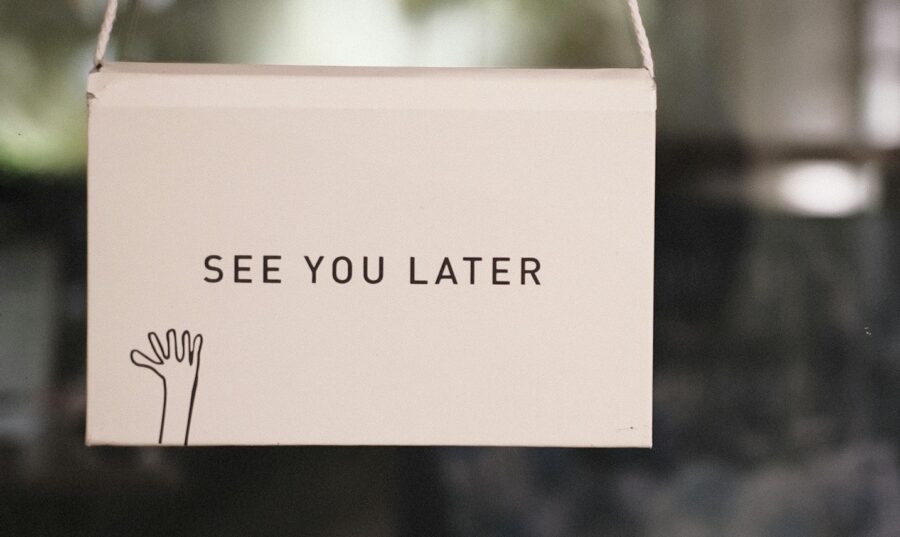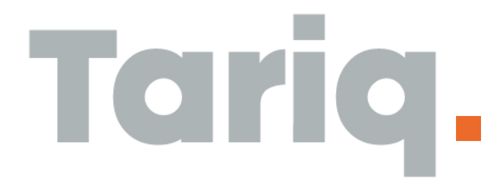Job interviews can be daunting. Becoming comfortable with the process took me years of trial and error. What I’ve learned is that landing a job isn’t just about ticking all the boxes on a job description, it’s about how you position yourself and communicate your value to decision-makers.
According to Indeed, British job seekers don’t hear back from more than half (55%) of the jobs they apply for. When you have hundreds of candidates applying for the same role, the competition can be fierce, and it’s in your best interest to understand your unique value proposition (UVP) and what makes you that go-to candidate.
As someone who has spent years working in PR, I know firsthand how effective PR strategies can be when applied to real-world scenarios. Ultimately it all comes down to how you make a strong impression – whether it’s presenting a pitch, meeting a new client, or in this case standing out in a job interview.
One key mindset shift that helped me improve was realising that most interviewers don’t particularly enjoy the process. Interviews can be time-consuming and draining, especially when candidates don’t stand out as clear fits.
This means going out of your way to make it a refreshing enjoyable experience for them would make all the difference in the world, setting you apart in ways that matter.
As we step into 2025 and recruitment ramps up again, here are six practical steps to help you ace your next interview and leave a memorable impression.
Join the £1M Visibility Blueprint
Weekly insights from my £1M personal brand journey. Strategy, visibility systems and earned media plays you can use now.
1. Research Your Audience
In PR, you wouldn’t pitch a story without understanding the audience – and the same principle applies to interviews. Preparation is everything.
- Understand the company: Explore the company’s website, social media, and recent press coverage. What are their values? Challenges? Where are they heading? Having a clear idea of the company and the role is helpful for you to navigate and weave in what you can do to help them in the next stage of growth.
- Understand the role: Break down the job description and match your skills to their needs. Prepare specific examples of how you’ve met similar requirements in the past.
- Learn about the interviewer: More often than not, the team responsible for the hiring process will share the names of the interviewers. Research them on platforms like LinkedIn to find shared connections, how long they’ve been working at the company and shared interests you can reference during your conversation.
When you know your audience, you’re already halfway to tailoring your narrative to resonate with them.
2. Define Your Key Message
As every successful PR campaign has a clear message, your interview should revolve around a compelling personal narrative.
- Highlight your unique value: Think about what sets you apart from other candidates. What are the 2–3 strengths that make you perfect for this role?
- Prepare an elevator pitch: Craft a concise, engaging summary of who you are, your experience, and what you can bring to the table.
- Showcase your experience and accomplishments: Provide tangible examples to back up your claims.
Example:
“I’m an English Literature graduate with a passion for creative storytelling. During my internship at [Company], I developed a campaign that increased engagement by 25%, showcasing my ability to connect with diverse audiences through tailored content.”
This is your chance to show how your skills and experiences align with what the company needs. The company would have seen a glimpse of this in your CV and application so go into more detail and include impactful metrics as when feasible.
3. Tell Your Story
Storytelling is at the heart of PR, and it’s just as powerful in interviews. Use your experiences to create a narrative that highlights your achievements and potential in the role. Usually, at the start of the interview, you’ll be asked to introduce yourself or share a bit more about yourself and this is where you:
- Use the STAR method: Frame your answers by explaining the Situation, Task, Action, and Result. This provides structure and demonstrates your problem-solving skills.
- Make it relevant: Tailor your examples to show how you’ve tackled similar challenges or achieved goals that align with the role.
- Show your “why”: Share what motivates you and how it ties into the company’s mission.
Example:
“In my previous role, I noticed our social media engagement was low. I proposed a campaign targeting university students, which resulted in a 30% increase in interactions over three months. This experience fuelled my passion for creating strategies that resonate with audiences.”
4. Make a Strong First Impression
Just like PR campaigns rely on eye-catching visuals to make an impact, your personal presentation matters in interviews.
- Dress the part: Align your attire with the company’s culture while staying true to your authentic style. Even if the role is for a laid-back start-up, show effort and dress to impress.
- Be aware of your body language: Good posture, eye contact, and a genuine smile convey confidence and enthusiasm.
- Bring your personal brand to life: Think of the interview as a live extension of your CV or LinkedIn profile. Be consistent with how you present yourself online and in person.
5. Handle Tough Questions with Confidence
In PR, we anticipate challenging questions and prepare responses that pivot back to our strengths. Do the same in your interview.
- Address gaps or weaknesses: Be honest but always frame them positively.
Example:
“I don’t have direct management experience, but I’ve led several group projects, and I’m actively developing my leadership skills through courses and mentorship.”
- Stay calm under pressure: If you’re hit with an unexpected question, take a moment to think before answering. Focus on how you can use it to highlight your adaptability or problem-solving abilities.
Need help tackling tough interview questions? Let me know, and I’d be happy to put together a blog with actionable advice.
6. Close Like a Pro
Every successful PR campaign ends with a compelling call to action. Don’t let your interview fizzle out, make sure you finish strong.
- Reiterate your interest: You could have an amazing interview, but you completely forget to express the fact that you really want the job. Share why you’re excited about the role and how you see yourself contributing to the company’s success.
- Ask thoughtful questions: Demonstrate curiosity and preparation by inquiring about the company’s goals, team dynamics, or future plans. Prepare a list of 10 potential questions and choose the most relevant ones based on the conversation.
- Follow up: Reaffirm your enthusiasm and send a thank you note within 24 hours. Not only does this make you memorable but it’s good practice to [To Add]
You Are Your Own Best Campaign
At its core, PR is about telling a story that resonates with the right audience. The same principle applies to job interviews. By conducting thorough research, crafting a compelling narrative, and presenting yourself authentically, you can position yourself as the ideal candidate.
Remember, you’re not just showcasing your qualifications, you’re highlighting the unique value and impact you can bring to an organisation. Treat yourself as the brand you are, and you’ll naturally attract opportunities from companies eager to work with someone like you.
See you next week!






[…] a role, I got in touch with the company who kindly shared feedback on how it went. Their advice on improving my interview technique proved invaluable and helped me secure a better position later down the […]